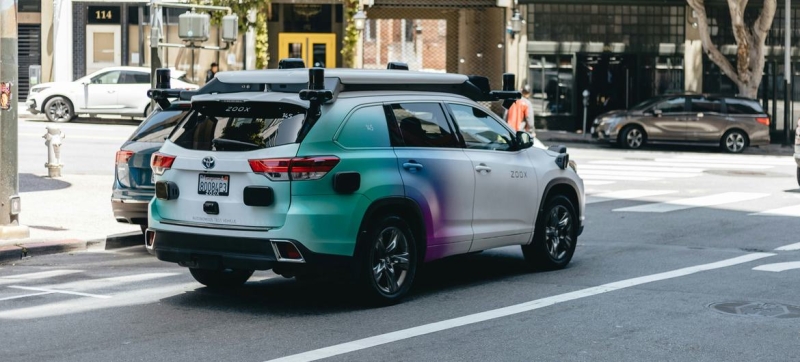
A driverless car on the street in San Francisco. WIPO: Air taxis and driverless cars are not so distant future Economic development
Air taxis, self-driving cars and reusable rockets are just some of the future transportation solutions that inventors around the world are racing to bring to life. Meanwhile, innovations around the internal combustion engine are dwindling, the World Intellectual Property Organization (WIPO) reported Thursday.
Green Solutions
A WIPO report on key trends in transport examines patent applications that offer a glimpse of a not-so-distant future in which vehicles will pollute less and flights to the other side of the world will take just a few hours.
“Patent analysis shows that inventors are constantly working to make tomorrow a better place with cleaner air than today,” WIPO says. According to the report’s authors, patent applications for innovations in transport have increased by 700 percent over the past two decades, from 15,000 inventions in 2003 to 120,000 in 2023.
Transport Revolution
“Autonomous ships and smart ports will revolutionize shipping; electric vehicles, high-speed trains and intelligent traffic management systems are driving change on land,” WIPO said. “Vertical take-off and landing aircraft will change the future of air travel; and reusable rockets and satellite technology will expand opportunities beyond the Earth’s atmosphere.”
This trend is driven by the recognition that transport accounts for more than a third of global CO2 emissions. That’s why technologies that reduce the environmental impact of transport are advancing so rapidly.
These include the adoption of electrified powertrains, the transition to renewable energy and the development of public transport. The report notes a slowdown in patent activity for legacy products such as the internal combustion engine and other fossil fuel-based systems.
Further digitalization
WIPO emphasizes that further digitalization of the transport sector also promises revolutionary changes. Autonomous transport control is projected to generate between $300 billion and $400 billion in revenue by 2035. However, as the agency’s experts note, the infrastructure has not yet adapted to the widespread use of such vehicles and the replacement of traditional means of transportation.
Rare Earth Minerals
According to WIPO, fierce competition is unfolding in the world: companies are fighting for access to rare earth minerals and are also trying to improve AI technologies. Meanwhile, a shortage of minerals could hinder the mass adoption of electric vehicles.
“Using these scarce and limited reserves of earth minerals in personal electric vehicles that are driven only a small part of the day is inefficient,” said one of the report’s authors, Christopher Harrison.
More than a Million Inventions
Over the past 25 years, more than 1.1 million inventions have transformed transportation, presenting the prospect of sustainable alternatives to fossil fuel-based systems. China, Japan, the United States, South Korea and Germany are leading the transformation. The number of patents for inventions in the field of land transportation is 3.5 times greater than that of air, sea and space combined. Innovators from the United States have filed the most international patents.
